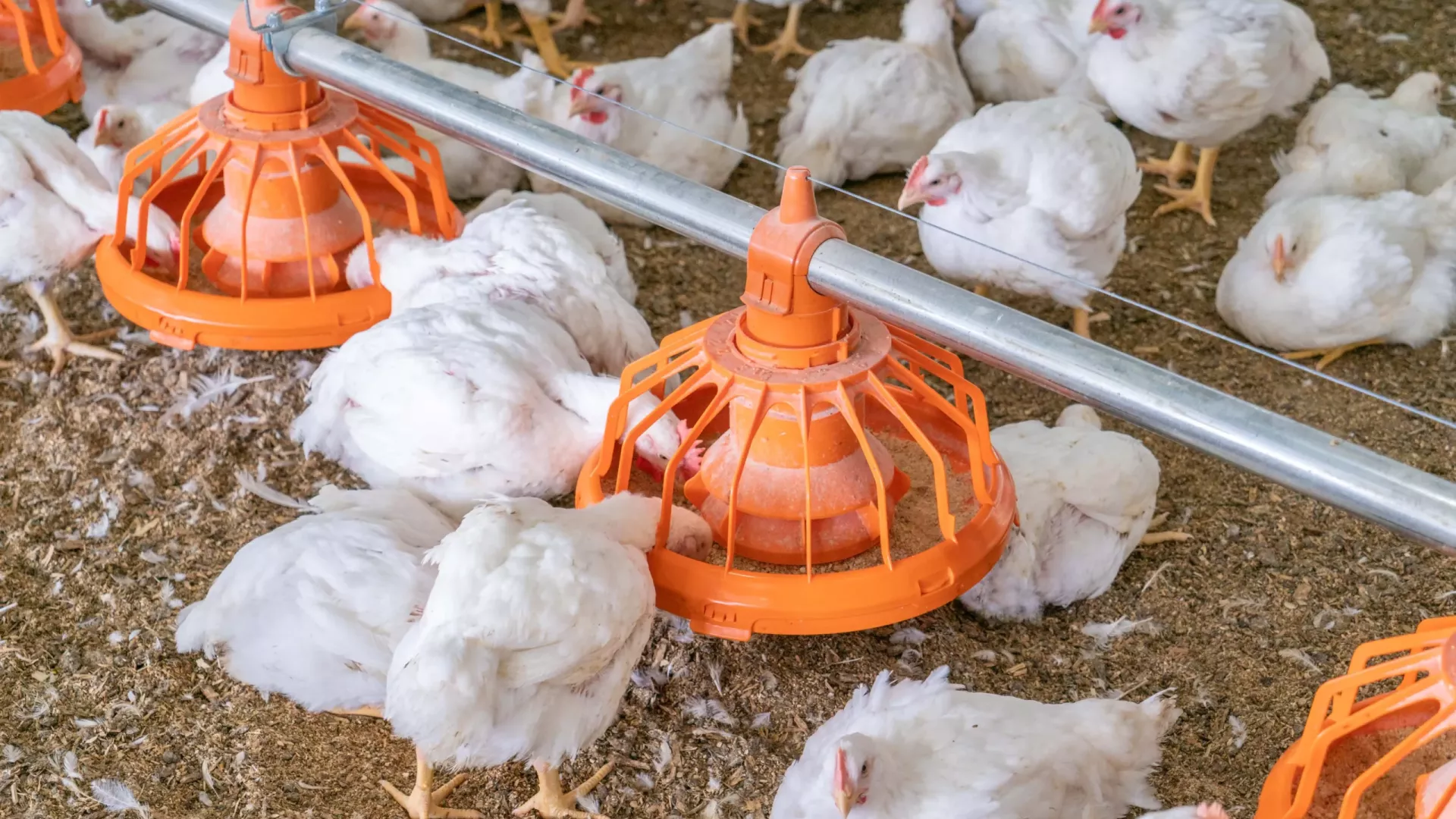Affects of dietary crude protein and lysine levels in slow-growing birds

Nutritional factors are critical to bird performance and meat quality. Chinese researchers have found that high lysine levels in a low crude protein diet can improve meat tenderness by regulating the myofiber characteristic without affecting production performance in poultry.
Scientists from the Institute of Animal Husbandry and Veterinary Medicine, Beijing Academy of Agriculture and Forestry Sciences, China, investigated the effects of dietary crude protein (CP) and lysine levels on growth performance, slaughter performance, meat quality, and myofiber characteristics of slow-growing chicken.
A 3 x 3 factorial experiment was arranged, and the chickens were fed with 3 levels of dietary CP (16%, 17%, 18%) and 3 levels of dietary lysine (0.69%, 0.84%, 0.99%). A total of 540 8-week-old Beijing-You Chicken (BYC) female growing chickens were randomly allocated to 9 groups, 5 replicates per group, and 12 chickens per replicate.
Growth performance, slaughter performance, meat quality, and myofiber characteristics were determined at 16 weeks of age. The results showed that dietary CP level and the interaction of dietary CP and lysine levels affected average feed intake (AFI). The AFI in the 16% CP and 17% CP groups was higher than in the 18% CP group.
Dietary CP levels significantly affected body weight gain (BWG) at 9-16 weeks. The 18% CP group had the highest BWG (93.99 g). Dietary CP levels affected the percentage of leg muscle yield, and the percentage of leg muscle yield of the 16% CP group was significantly lower than that in the other groups. Dietary CP and lysine levels alone and their interactions did not affect pH24h, drip loss, and cooking loss of breast muscle. The shear force of the 18% CP group (29.55 N) was higher than that in the other groups.
By examining myofiber diameter and the thickness of endomysium and perimysium, the researchers found that reducing dietary CP level and adding appropriate lysine can reduce myofiber diameter and increase perimysium thickness, reducing shear force and improving meat tenderness.